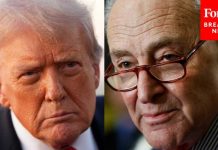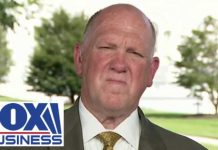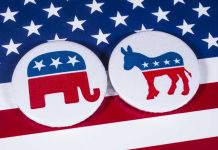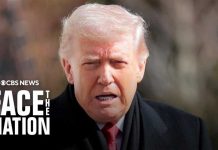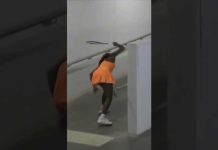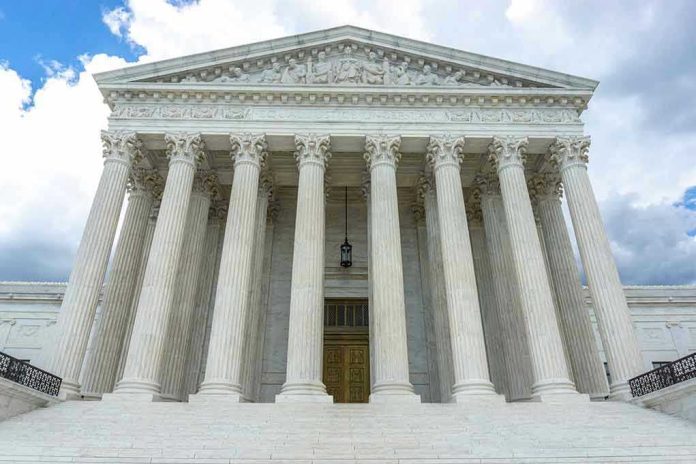
What happens when a president’s demand to send in troops collides with the highest court in the land—and could this moment reshape the balance of power between Washington and America’s cities?
Story Snapshot
- The Trump administration’s Supreme Court request may redefine federal authority over local law enforcement.
- Chicago’s resistance to National Guard deployment spotlights a historic struggle for local autonomy.
- Parallel cases in Portland amplify national tensions over military involvement in domestic unrest.
- The Supreme Court’s pending ruling could set a precedent impacting cities nationwide for years.
Federal Power Versus Local Control: The Supreme Court Showdown
Donald Trump’s administration has thrown down a constitutional gauntlet, formally petitioning the Supreme Court in October 2025 to allow National Guard troops on Chicago’s streets. This isn’t just a legal maneuver; it’s the latest clash in a century-long tug-of-war over who holds sway when local order breaks down. While lower courts have blocked deployment, federal troops remain mobilized nearby—a tense standoff as both sides wait for the nation’s highest judges to weigh in. The outcome promises to echo far beyond Chicago, shaping the future of federal intervention in American cities.
Legal proceedings in the Seventh Circuit Court of Appeals have so far allowed federal troops to remain on standby but not actively deployed. This delicate compromise underscores the complexity of balancing public safety against local autonomy. Chicago officials argue that federal troops would inflame tensions and threaten civil liberties, drawing on bitter memories of past interventions. Meanwhile, the Trump administration insists that decisive military action is essential to restore order. Both sides cite parallel legal battles in Portland, where similar deployments have sparked fierce protests and judicial scrutiny.
Historical Parallels and Modern Ramifications
America’s history is littered with flashpoints where federal muscle was flexed in the name of restoring order—from the National Guard’s presence during the 1968 Democratic Convention in Chicago to the 1992 Los Angeles riots. The Posse Comitatus Act generally prohibits federal military involvement in domestic law enforcement, but exceptions remain, especially under federal mandates or with state approval. In recent years, these boundaries have blurred. Federal agents’ deployments to cities like Portland in 2020 under “Operation Legend” ignited legal challenges and waves of protest, foreshadowing today’s Supreme Court drama.
Chicago’s current unrest, marked by surges in violent crime and mass demonstrations, has revived old questions about government responsibility and community trust. While many city residents fear escalation and loss of civil liberties, some community leaders quietly support increased security—provided it’s led by local agencies. The Trump administration frames its push as an imperative for public safety, but critics warn of undermining the delicate checks and balances that define American democracy.
The Stakes: Precedent, Politics, and Public Sentiment
The Supreme Court’s looming decision will not only resolve a legal dispute but may set a national precedent. If the justices greenlight Trump’s request, future presidents could wield broader powers to intervene in local crises, potentially sidelining elected city officials. The case is being closely watched by legal scholars, civil rights organizations, and law enforcement leaders. Many academics caution against eroding local control, warning of a slippery slope toward federal overreach. Law-and-order advocates counter that extraordinary times require extraordinary measures, especially when public safety is at risk.
Economic and social impacts are already being felt in Chicago, with local businesses bracing for disruption and residents grappling with uncertainty. Politically, the case has become a lightning rod, influencing debates about crime, policing, and civil liberties ahead of upcoming elections. The legal sector may see a surge in advocacy and litigation, as civil liberties groups mobilize to challenge military involvement in civilian policing. Whatever the outcome, this case will reverberate through American law and politics for years to come.
Sources:
Trump Begs Supreme Court to Let Him Go to War With Chicago


